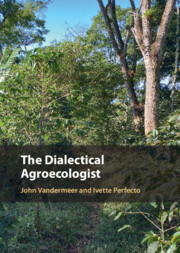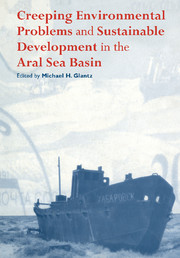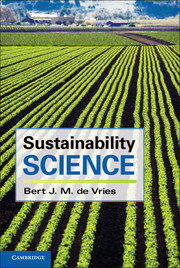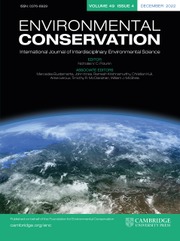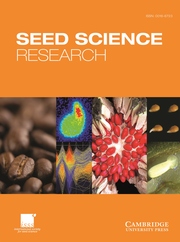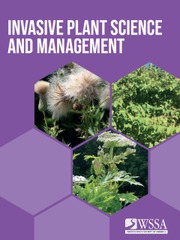The Dialectical Agroecologist
This book examines contradictions within the fields of food studies and agroecology, from the differences between traditional and scientific knowledge, to habitat fragmentation and connection, monocultures versus diverse farming systems, pest regulation, and the rural/urban dialectic. Building and expanding on the work of Richard Levins and Richard Lewontin, who used the dialectical method in the field of biology, this analysis includes examples from the authors' own pioneering research in Mexico, Nicaragua, and Puerto Rico, to demonstrate the benefits of applying the dialectical method to agroecology in practice. Exploring themes in studies that are currently the subject of rigorous debate among academics and activists alike, especially related to food production and distribution, this book is indispensable for practitioners and activists seeking to transform the food system, as well as for social and natural scientists.
- Includes both the theoretical framework for a dialectical methodology and a demonstration of its practical application
- Introduces the basic ideas of agroecology and dialectical theory, making this book is accessible to the non-specialist reader
- Provides a broad range of perspectives, from anthropological views on early agriculture to current ecological theory, all in the context of contemporary political structures affecting agriculture
Product details
November 2024Hardback
9781009455831
242 pages
250 × 176 × 20 mm
0.58kg
Available
Table of Contents
- Table of contents
- Preface
- 1. The dialectical agroecologist: an introduction
- 2. The meaning of agriculture and agroecology
- 3. Western and traditional knowledge: a different kind of Dialogo de Saberes
- 4. Nature's matrix
- 5. Monocultures and the rise of diversity in agroecology
- 6. Making and breaking pests
- 7. Qualitative emergence from quantitative changes: the inevitability of surprise
- 8. The new rurality and the new peasantry: land and territory
- 9. Epilogue
- Notes
- References
- Index.

